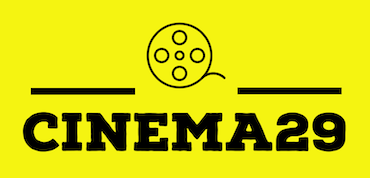The world of cinema is vast and diverse, offering a rich tapestry of stories, cultures, and perspectives from every corner of the globe. While Hollywood often dominates the conversation, foreign language films have consistently provided some of the most groundbreaking and thought-provoking works in the history of cinema. In this article, we explore some of the greatest masterpieces in foreign language cinema, celebrating their unique contributions and the universal themes they explore.
1. Rashomon (1950) – Japan
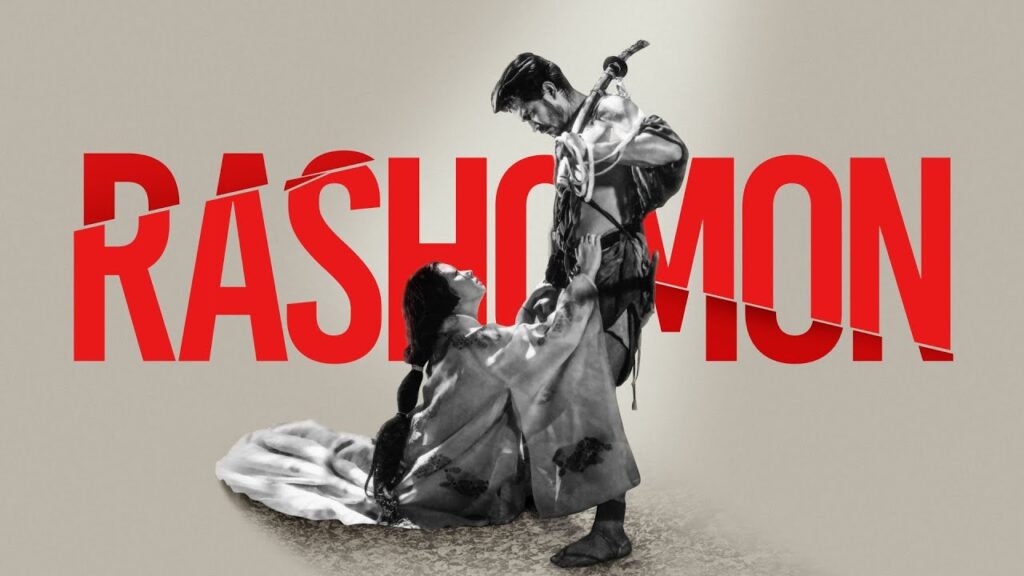
Director: Akira Kurosawa
Cast: Toshiro Mifune, Machiko Kyō, Masayuki Mori
“Rashomon” is a seminal work in the history of cinema, not just in Japanese cinema but globally. Directed by the legendary Akira Kurosawa, the film explores the subjective nature of truth and the unreliable nature of human memory. The narrative revolves around a violent incident and its aftermath, recounted from multiple perspectives. This groundbreaking storytelling technique has influenced countless films and directors worldwide.
2. La Dolce Vita (1960) – Italy
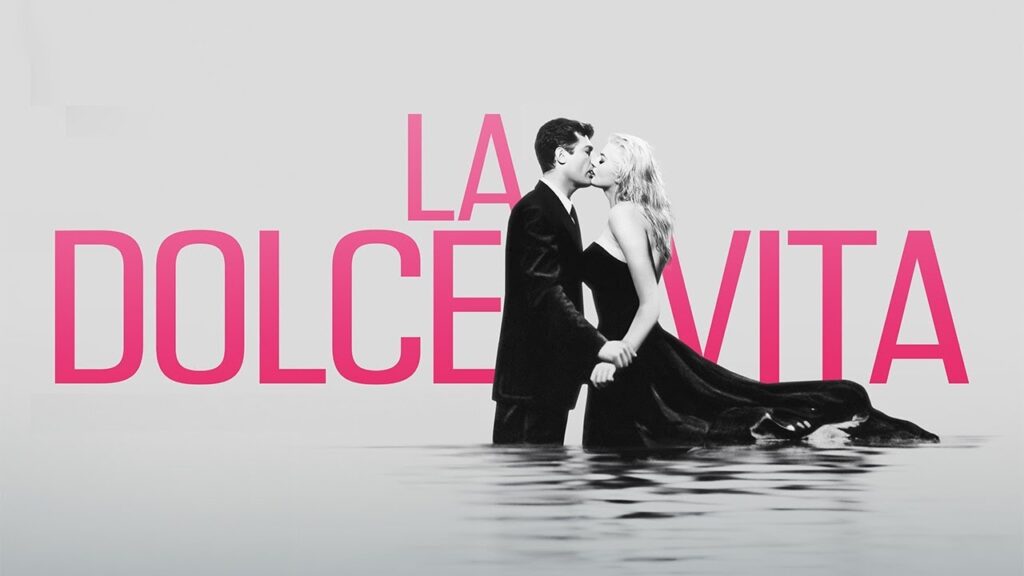
Director: Federico Fellini
Cast: Marcello Mastroianni, Anita Ekberg, Anouk Aimée
Federico Fellini’s “La Dolce Vita” captures the hedonistic lifestyle of Rome’s elite in the post-war era. Through the eyes of journalist Marcello Rubini, played by Marcello Mastroianni, the film explores themes of existential angst, the search for meaning, and the superficiality of fame and wealth. Fellini’s vivid and surreal style makes this film a timeless classic that continues to resonate with audiences today.
3. Amélie (2001)
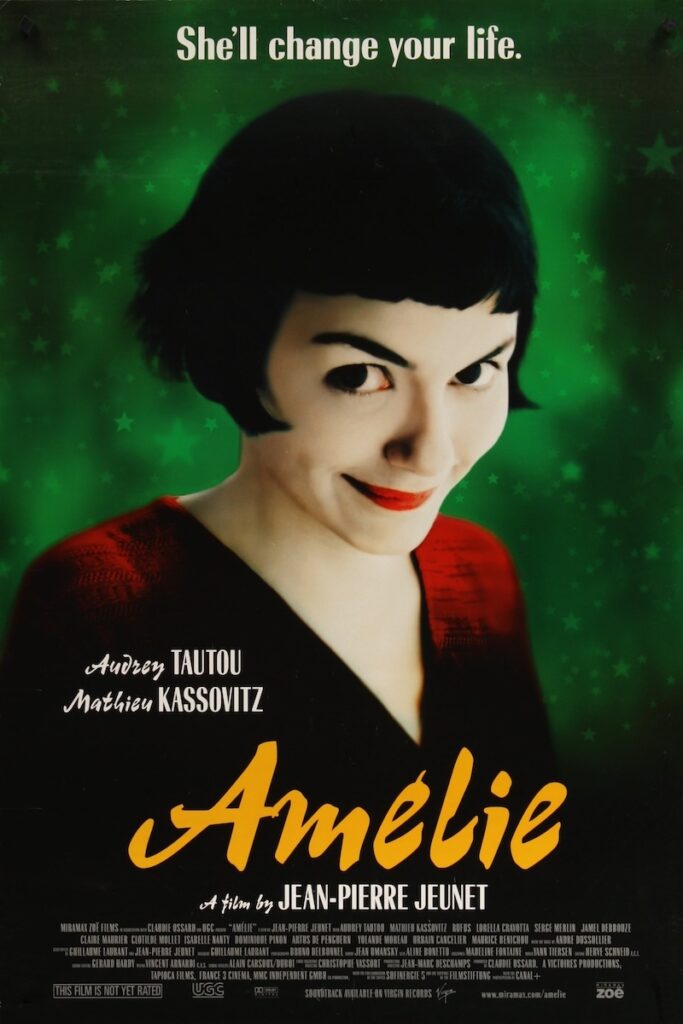
Director: Jean-Pierre Jeunet
Cast: Audrey Tautou, Mathieu Kassovitz, Rufus
“Amélie” is a whimsical and heartwarming tale set in the charming neighborhoods of Paris. Directed by Jean-Pierre Jeunet, the film follows the quirky and introverted Amélie Poulain, played by Audrey Tautou, as she embarks on a mission to spread happiness to those around her. With its enchanting visuals, inventive storytelling, and delightful performances, “Amélie” has become a beloved film worldwide.
4. City of God (2002) – Brazil
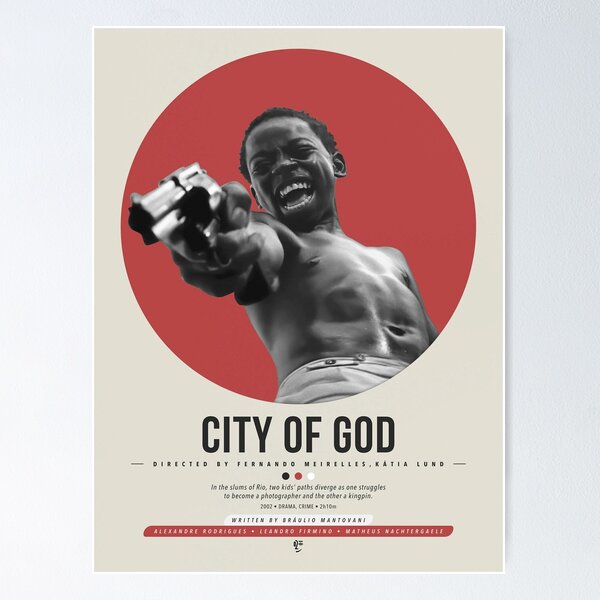
Directors: Fernando Meirelles, Kátia Lund
Cast: Alexandre Rodrigues, Leandro Firmino, Phellipe Haagensen
“City of God” is a powerful and gritty portrayal of life in the slums of Rio de Janeiro. Directed by Fernando Meirelles and Kátia Lund, the film is based on real events and characters, providing a harrowing look at the cycle of violence and poverty in the favelas. Its dynamic editing, raw performances, and compelling narrative have earned it critical acclaim and international recognition.
5. Pan’s Labyrinth (2006) – Spain
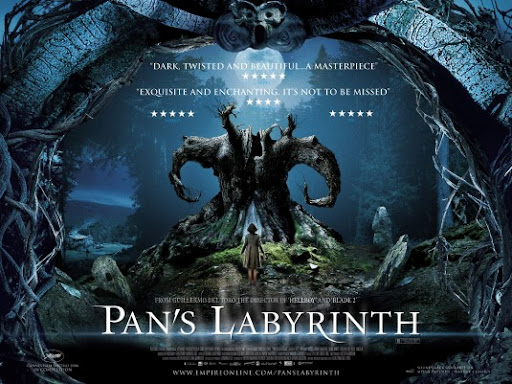
Director: Guillermo del Toro
Cast: Ivana Baquero, Sergi López, Maribel Verdú
Guillermo del Toro’s “Pan’s Labyrinth” is a dark and visually stunning fairy tale set against the backdrop of post-Civil War Spain. The film follows young Ofelia, who escapes the harsh realities of her world by entering a mythical labyrinth. Blending historical drama with fantasy, del Toro creates a hauntingly beautiful narrative about innocence, brutality, and the power of imagination.
6. Parasite (2019) – South Korea
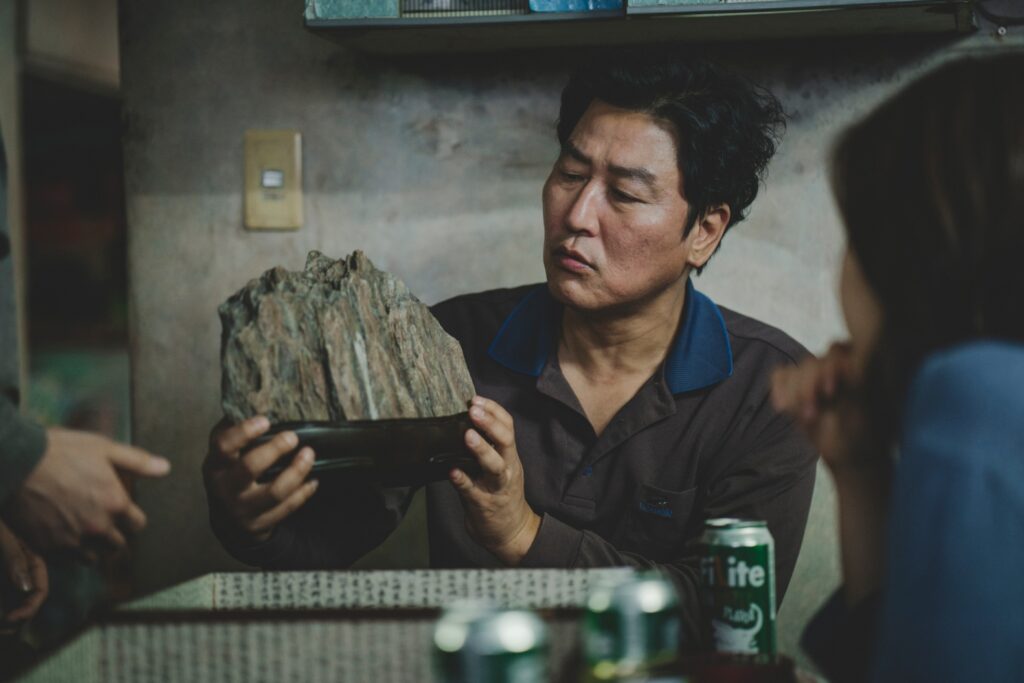
Director: Bong Joon-ho
Cast: Song Kang-ho, Lee Sun-kyun, Cho Yeo-jeong
“Parasite” made history by becoming the first South Korean film to win the Palme d’Or at Cannes and the Academy Award for Best Picture. Directed by Bong Joon-ho, this darkly comedic thriller delves into themes of class disparity and social inequality. The story of the Kim family’s infiltration into the wealthy Park household is both a sharp social commentary and a masterclass in suspense.
7. Life Is Beautiful (1997) – Italy
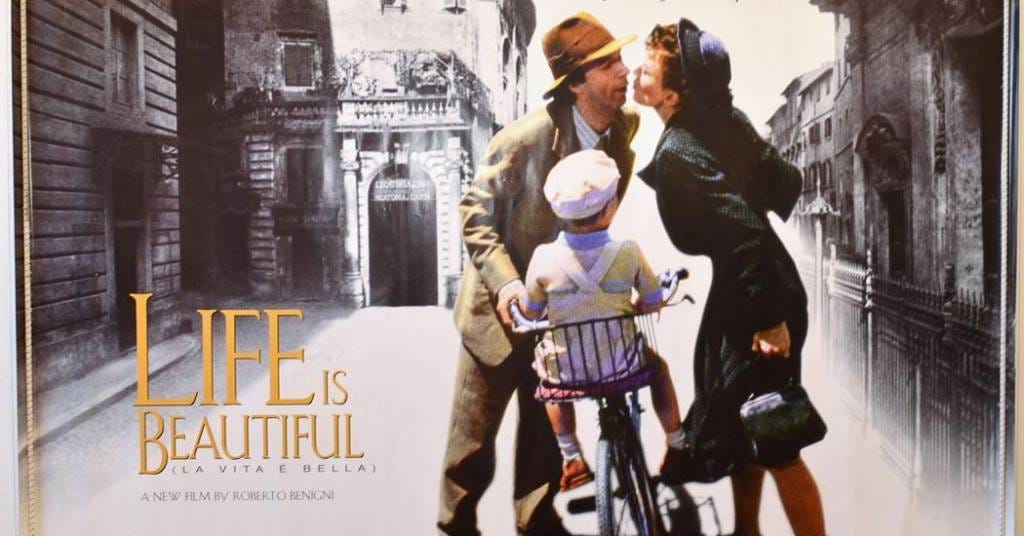
Director: Roberto Benigni
Cast: Roberto Benigni, Nicoletta Braschi, Giorgio Cantarini
“Life Is Beautiful” is a poignant and heart-wrenching story of love and sacrifice during the Holocaust. Directed by and starring Roberto Benigni, the film follows a Jewish-Italian father who uses humor and imagination to shield his son from the horrors of a Nazi concentration camp. Its blend of comedy and tragedy earned it widespread acclaim and multiple Academy Awards.
8. Crouching Tiger, Hidden Dragon (2000) – Taiwan/China
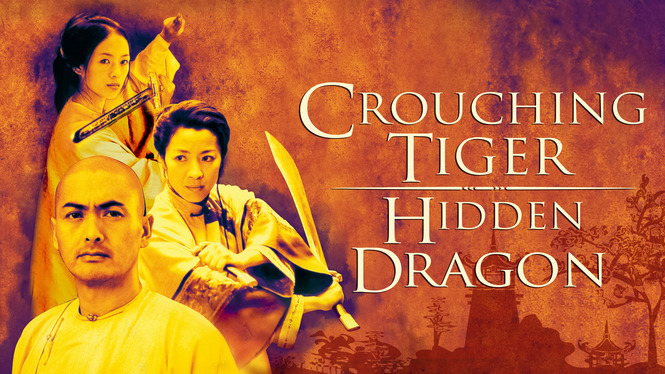
Director: Ang Lee
Cast: Chow Yun-fat, Michelle Yeoh, Zhang Ziyi
Ang Lee’s “Crouching Tiger, Hidden Dragon” is a visually stunning martial arts epic that brought the wuxia genre to a global audience. The film’s breathtaking choreography, lush cinematography, and compelling story of love, honor, and destiny captivated viewers worldwide. Starring Chow Yun-fat, Michelle Yeoh, and Zhang Ziyi, it remains one of the most acclaimed foreign language films ever made.
9. The Lives of Others (2006) – Germany
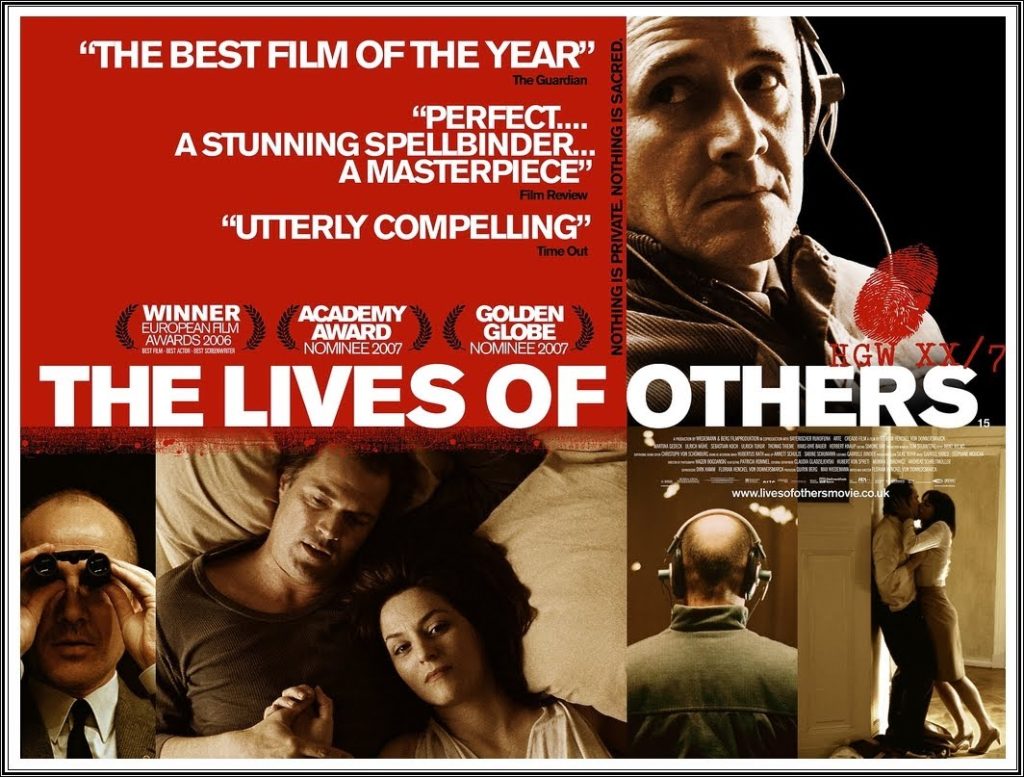
Director: Florian Henckel von Donnersmarck
Cast: Ulrich Mühe, Martina Gedeck, Sebastian Koch
“The Lives of Others” is a gripping drama set in East Germany during the Cold War. Directed by Florian Henckel von Donnersmarck, the film follows a Stasi officer tasked with surveilling a playwright and his lover, only to find his own life profoundly changed by the experience. This intense and moving film offers a powerful exploration of surveillance, loyalty, and humanity.
10. Run Lola Run (1998) – Germany
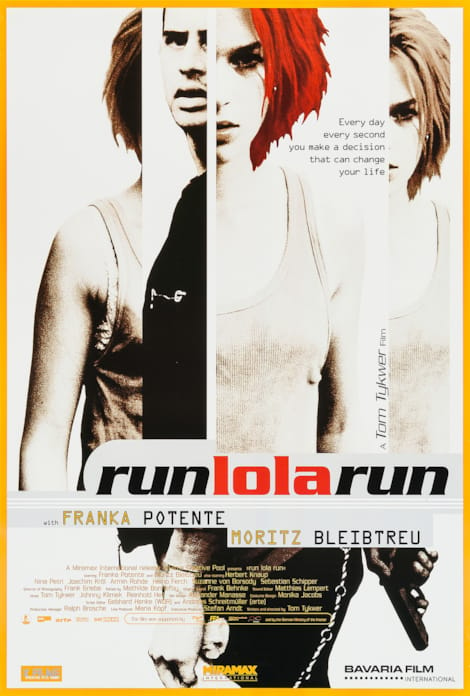
Director: Tom Tykwer
Cast: Franka Potente, Moritz Bleibtreu, Herbert Knaup
“Run Lola Run” is a high-octane, visually inventive film that follows Lola as she races against time to save her boyfriend. Directed by Tom Tykwer, this German thriller combines elements of action, drama, and romance with a unique narrative structure that explores the impact of seemingly minor choices. Franka Potente’s dynamic performance as Lola drives this fast-paced and exhilarating film.
Conclusion
Foreign language cinema offers a rich and diverse array of stories that transcend cultural boundaries and resonate universally. From the philosophical depths of “Rashomon” to the heartwarming tragedy of “Life Is Beautiful,” these masterpieces showcase the power of cinema to evoke emotion, provoke thought, and inspire change. By exploring these films, audiences can gain a deeper appreciation for the art of filmmaking and the shared human experiences that connect us all.
